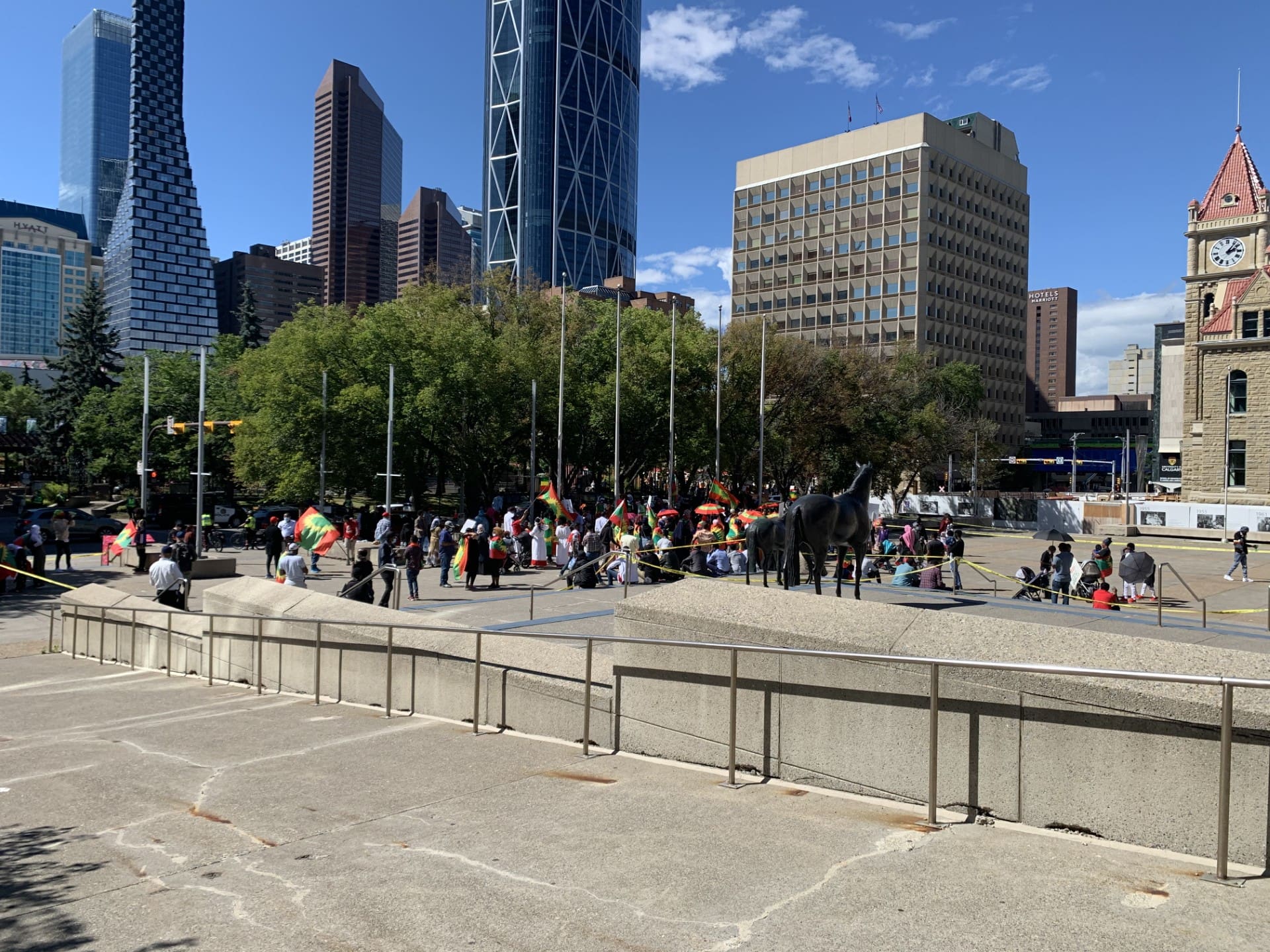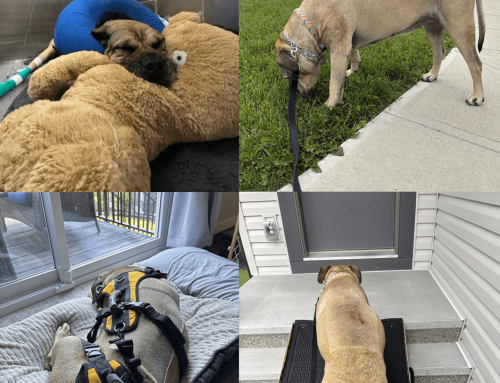In an increasingly volatile world, the role of a security professional goes far beyond protecting assets or responding to incidents. We are risk leaders. We are advisors. And we are stewards of resilience, not just within our organizations – but within our societies.
At TaleCraft Security, we believe in three foundational values: help, give back, and grow. These principles guide every engagement we take on, whether we’re helping a new CISO find their voice, designing a risk-based security program, or leading a workshop on storytelling in the boardroom. But recently, a growing pattern of political instability and democratic erosion – particularly among former allies and stable democracies – has made it clear: resilience is not just a business function. It’s a civic imperative.
When Guardrails Begin to Falter
Across the world, we’ve seen democratic norms come under stress in countries like Hungary, Turkey, and Poland. Court-packing, media manipulation, and scapegoating have become tactics used not just by fringe regimes, but by leaders who were once elected in free and fair elections. What begins as rhetoric evolves into governance – slowly eroding the institutions meant to hold power accountable.
Closer to home, the U.S. is grappling with what many analysts now identify as a potential authoritarian drift. Project 2025, a policy blueprint associated with the current administration, proposes wide-scale restructuring of federal agencies, weakening of civil-service protections, and unprecedented consolidation of executive power. Whether this becomes a permanent change or a passing phase remains uncertain. But the patterns are familiar – and deeply concerning.
What This Means for Security Professionals
As security professionals, we’re trained to assess threats, vulnerabilities, and impacts. We build frameworks to help leaders anticipate uncertainty and manage the consequences of disruption. And yet, how often do we extend that risk lens beyond operational or digital domains and into the societal systems we depend on every day?
Help – Expand the Scope of Risk Awareness
Our job isn’t just about protecting data or buildings. It’s about protecting trust. Democratic erosion undermines the very governance and legal systems upon which corporate stability rests. If we want to help our clients and communities, we must begin by recognizing political instability as a legitimate risk vector.
Give Back – Advocate for Institutional Integrity
Security professionals occupy a unique space where ethics and leadership intersect. We have a duty to speak up when policies or behaviors threaten transparency, due process, or fairness. Giving back means mentoring the next generation of leaders with an unwavering commitment to integrity – even when it’s uncomfortable.
Grow – Build Resilience from the Inside Out
Resilience isn’t just about response plans – it’s about culture. Does your organization welcome dissenting views? Are policies built on transparency and accountability? Do your leaders model the kind of integrity you’d want to see in public office? These questions aren’t hypothetical. They’re strategic.
A Canadian Lens: Preparing for What’s Next
Canada is not immune. Should the U.S. shift further toward authoritarianism, we will feel the effects – economically, politically, and socially. Our border security, trade relationships, refugee intake systems, and diplomatic posture would all need to adapt. But perhaps more urgently, we must guard against the ideological spillover that can destabilize democratic norms from within.
This is not fearmongering – it’s strategic foresight. And as security professionals, foresight is one of our greatest tools.
Resilience Starts with Conversation
At TaleCraft Security, we train leaders to navigate uncertainty through storytelling, risk-based thinking, and ethical leadership. We believe that conversations like this one – difficult, nuanced, and necessary – are the cornerstone of meaningful resilience.
So, let’s talk about:
- How security leaders can influence organizational values.
- How public discourse affects internal threat modeling.
- The kind of leadership we need – not just in politics, but in our profession.
If you’re a security professional wondering how to lead in an era of rising uncertainty, we’re here to help.
Because real resilience isn’t just technical – it’s personal.




